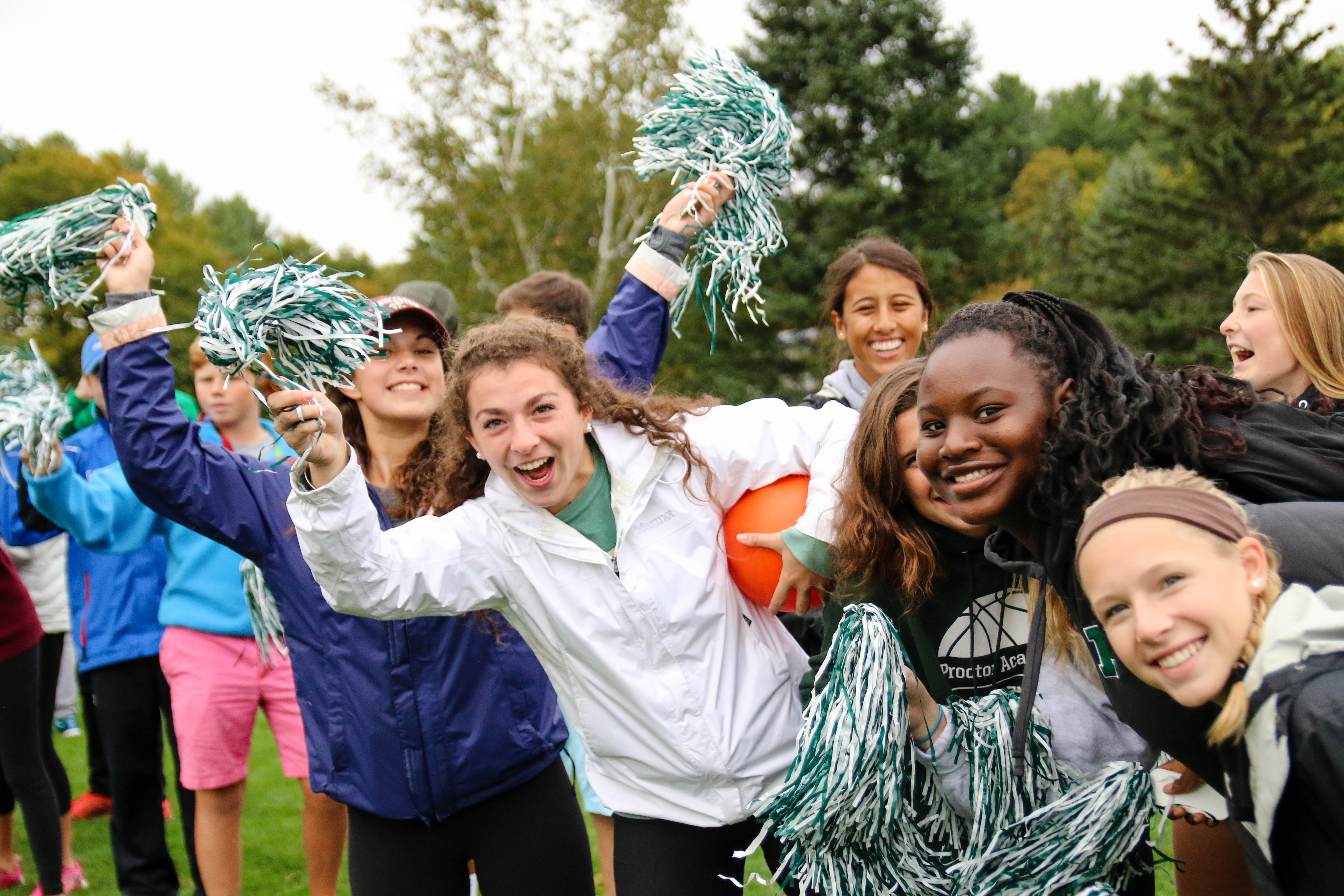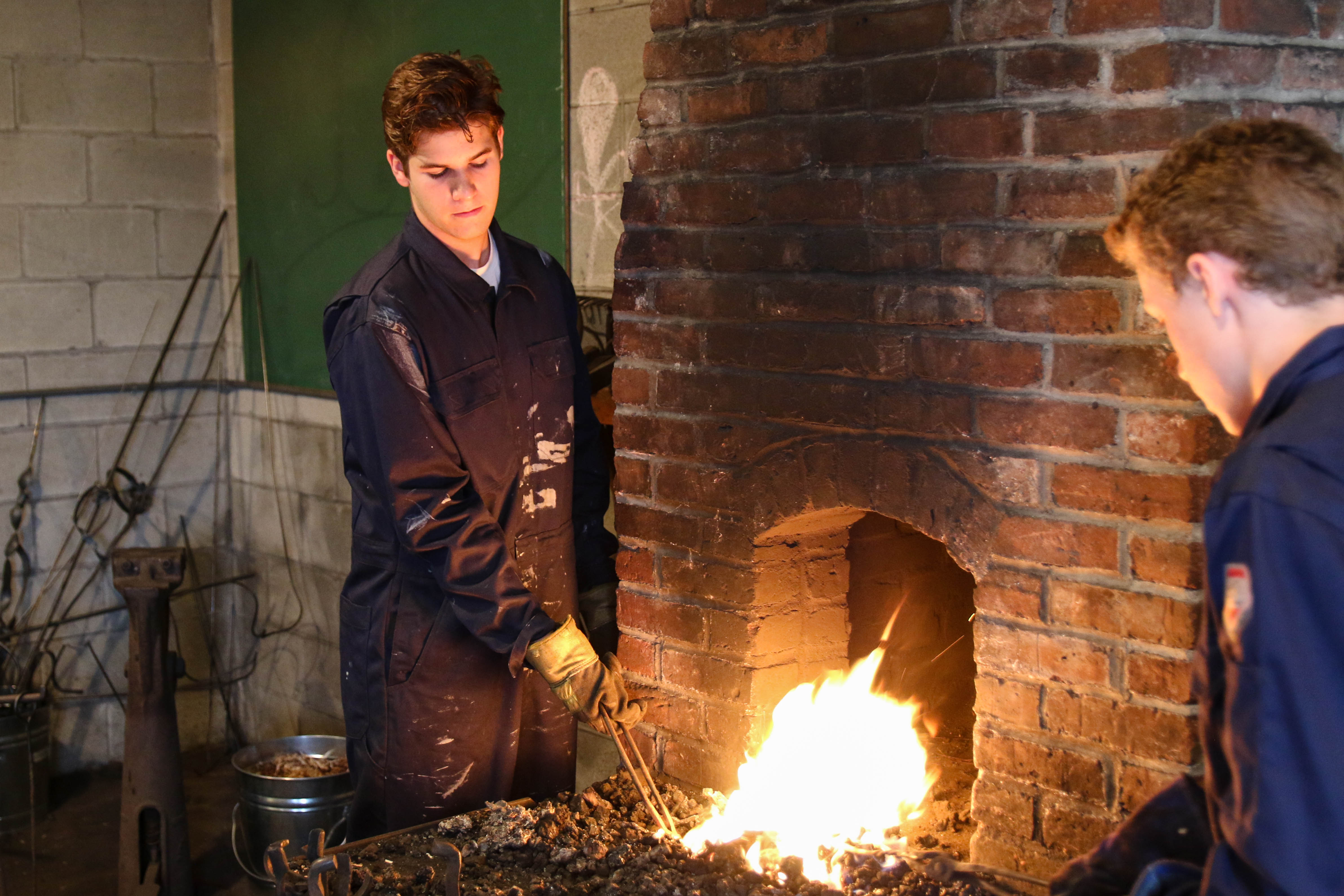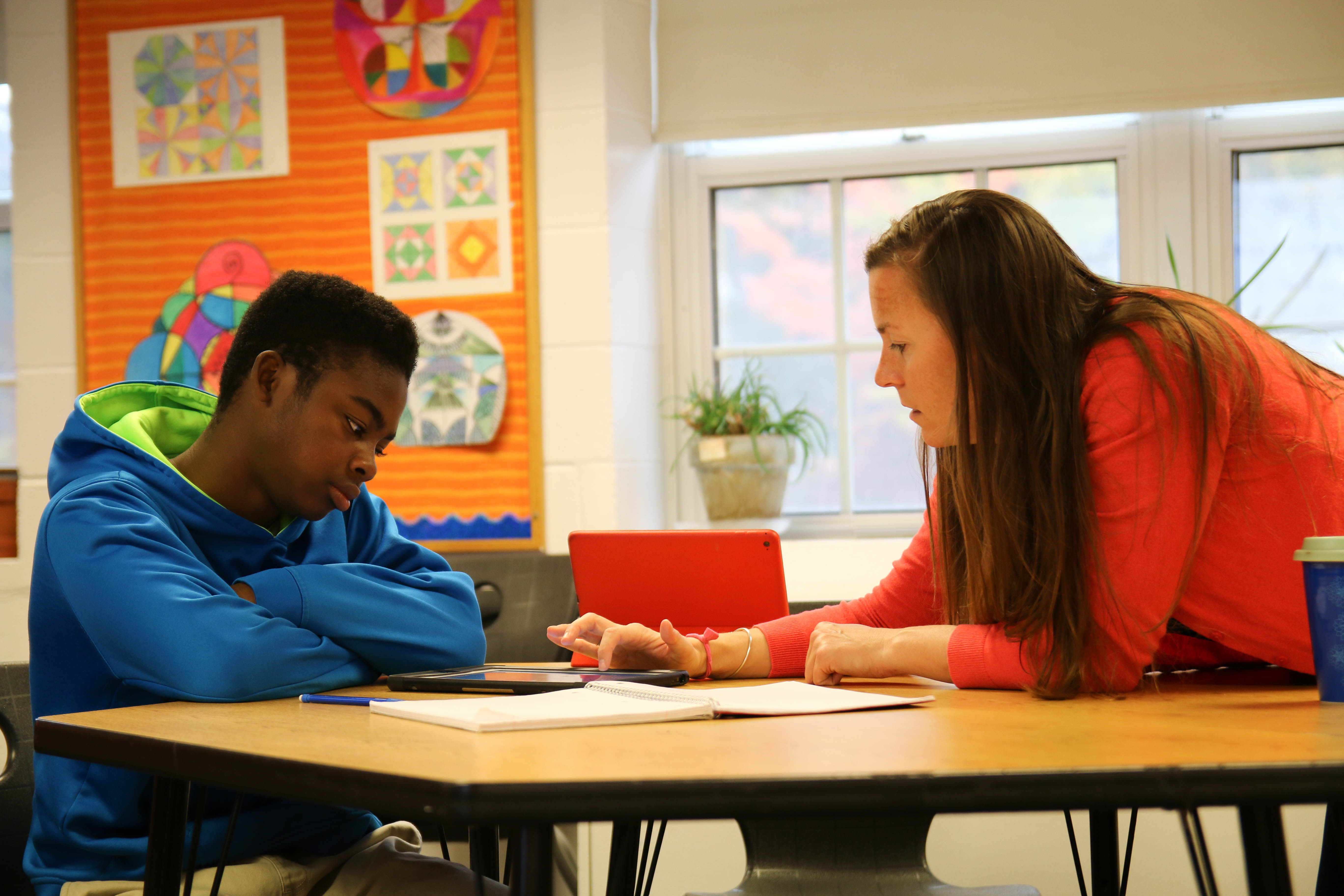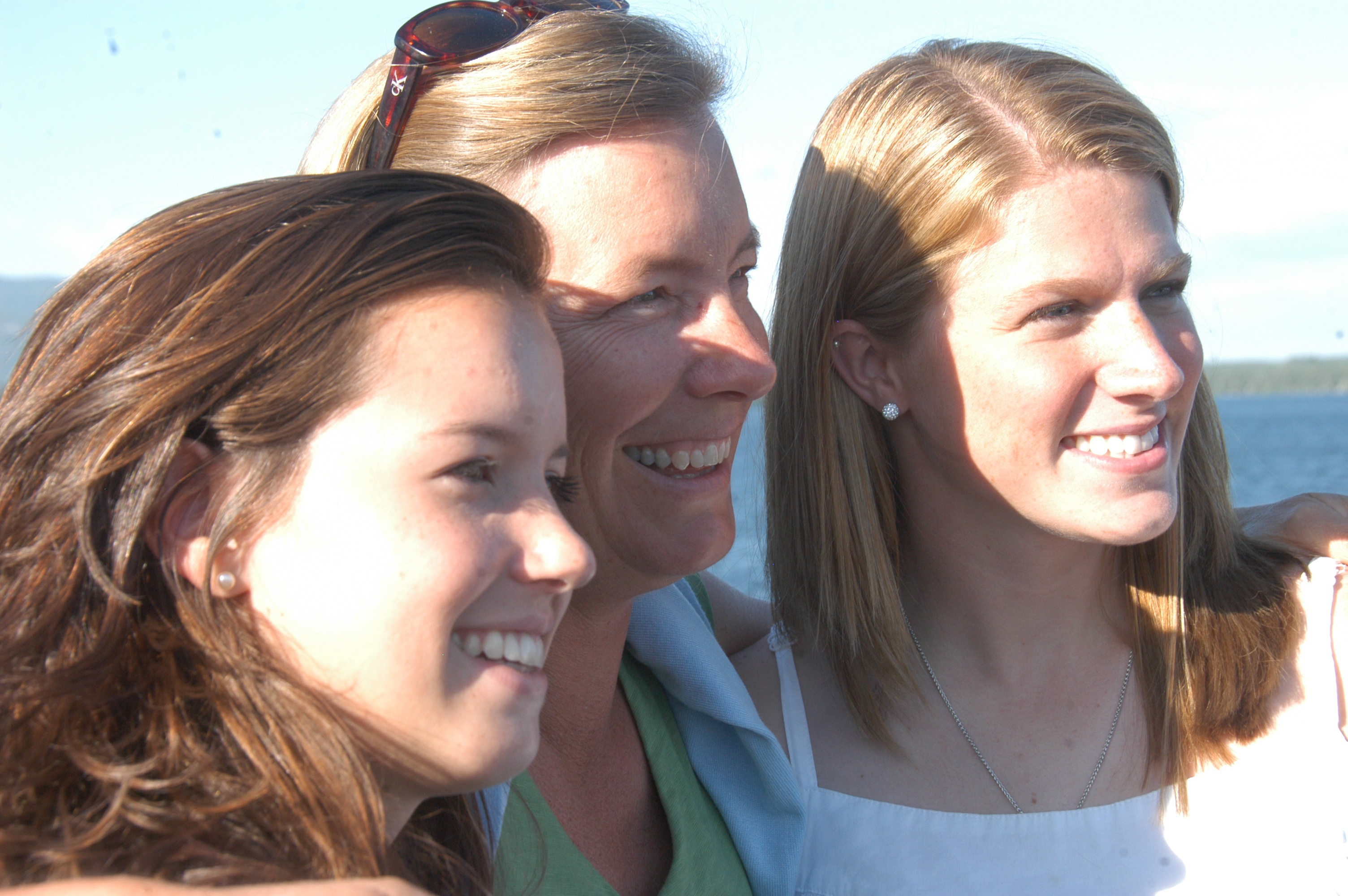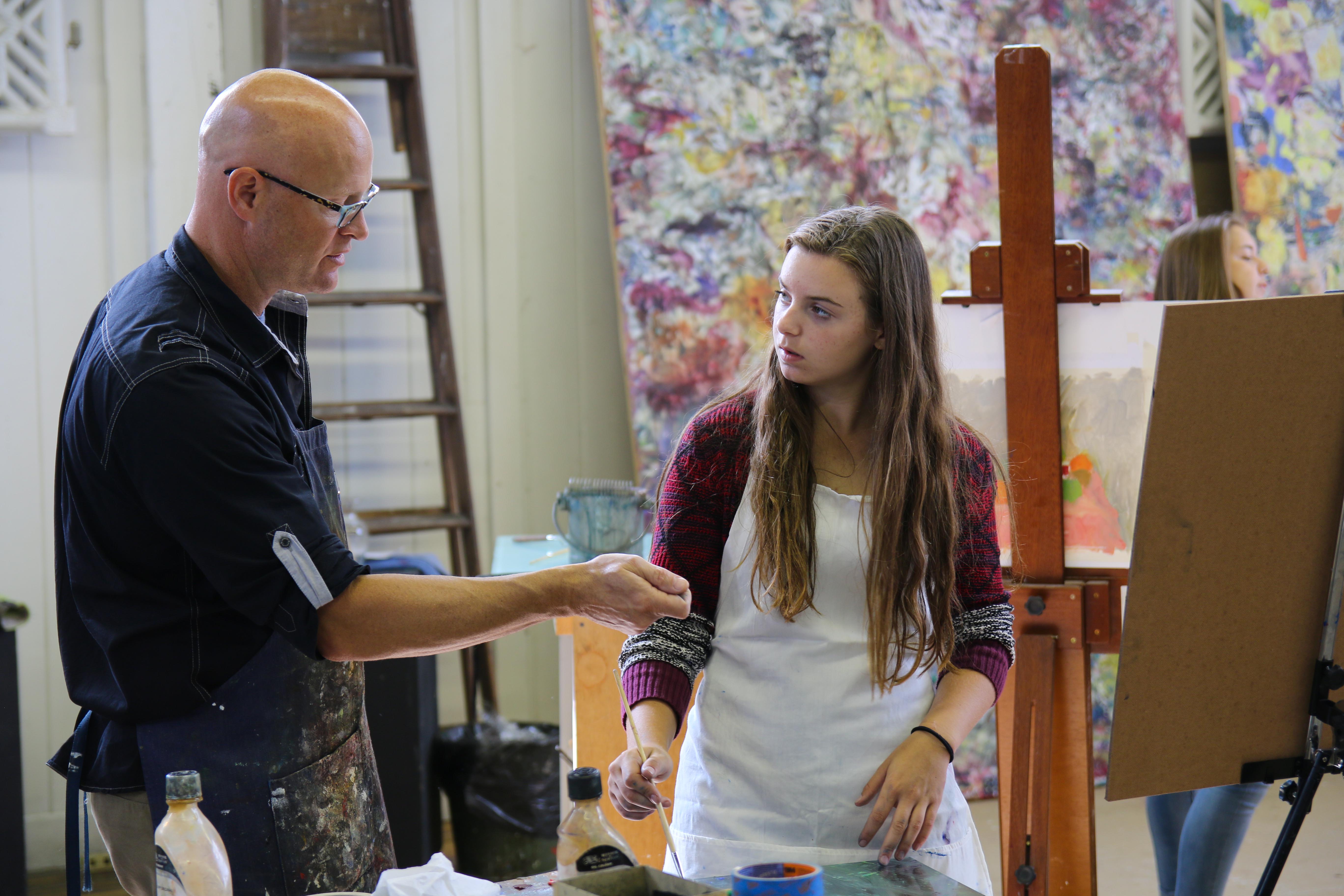On April 29th, 2015, the Baltimore Orioles played the Chicago White Sox. Ubaldo Jimenez was pitching for the Orioles, who would go on to win the game by a score of 8-2. The April day was perfect - blue sky, crisp air. It was an historic game, a strange game. There had been looting around Camden Yard, unrest in the city, and for the safety of the fans, the game was played in an empty stadium. It may be the only game played under such conditions. And it relates, of course, to Fall Family Weekend. Naturally.
Academic Lens: Freedom and Security
Sep 20, 2016 1:14:31 PMAs educators, we endeavor to simultaneously provide students with a sense of freedom and a sense of security. This quest for balance has challenged parents and teachers for centuries. Different generations have witnessed the pendulum of independence swing back and forth depending on the prevailing norms of the time. What we know at Proctor is the adolescent brain biologically craves independence, but is only able to pursue that independence when surrounded by a nurturing community.
Finding Yourself: Proctor's Gift to Each Student
Aug 24, 2016 2:46:46 PMIn a recent note to teachers, Dean of Faculty Karl Methven referenced Douglas Heath’s 1994 book Schools of Hope, in which Proctor’s approach to education is heralded as a model for others to follow. Each year, Proctor’s faculty recommits to our philosophical roots, with a renewed understanding of Proctor’s approach to education, and a deeper appreciation of why the Proctor Experience has been, and continues to be, the most effective way to educate teenagers.
Threshold: What's Your Willingness to Be Different?
Aug 11, 2016 10:39:36 AMOver the past few months, I’ve been listening to Malcolm Gladwell’s podcast, Revisionist History. Maybe it’s because of my love for basketball and fascination with the statistics Wilt Chamberlain was able to amass during his career, but Gladwell’s episode The Big Man Can’t Shoot struck a chord with me as we prepare for the upcoming school year and the work we will begin with our students in less than a month.
Going Beyond Proctor's Mission Statement
Jul 31, 2016 8:00:00 AMProctor's mission statement serves as a guide in our quest to educate a diverse body of students for the 21st century. While mission statements do not vary much between schools, the manner in which a school goes about achieving its mission varies dramatically. Over the past five years, our faculty has collaborated to develop an outcome statement (The Profile of a Proctor Graduate) and a curriculum guide (Proctor’s Characteristics of Good Teaching) to further inform our educational model. These declarative statements serve as our mission in action, and provide a constant reminder of who we are and who we desire to be as we shape the collective experiences of our students in the classroom, in our advisories, on the athletic field, in the art studio, and in the dormitory.
Understanding the Advisor/Advisee Relationship
Jul 21, 2016 11:09:24 AMAt Proctor, we care deeply about the relationship between the advisee and the advisor. We value the time we spend together each day in advisory, assembly, and at school events. Our advisory groups become safe havens where we talk about the issues on campus, the plans for the next trimester, or the upcoming dance. Sometimes we meet at the dining hall, at the Wise, or in a faculty home, and it is always good when there is food. Advisory provides a chance to slow down, have a conversation, or laugh together. For me, it is my favorite time of the day.
Academic Lens: A Nudge Toward Imperfection
Jul 7, 2016 1:45:48 PMLast week we discussed the relationship between the concepts of nudge and mindfulness as framed by the Ted Radio Hour on NPR. Today, we look at a portion of that program, Reshma Saujani’s “Can Coding Help Girls Take Risks?” and its application to our students at Proctor. Take a few minutes to watch Saujani’s talk below before reading on.
Academic Lens: Nudging Toward Mindfulness
Jun 30, 2016 9:29:36 AMLast week’s Ted Radio Hour discussed the concept of ‘nudge’, or how a small tweak in human behavior can shift outcomes drastically. References to Richard Thaler, Judson Brewer, Carol Dweck, Reshma Saujani, and Sendhil Mullainathan’s Ted Talks wove a fascinating narrative centered on the question: How can we encourage people to do what we want them to do? In this two-part blog, we will look at how the concept of nudge relates to our work at Proctor.





